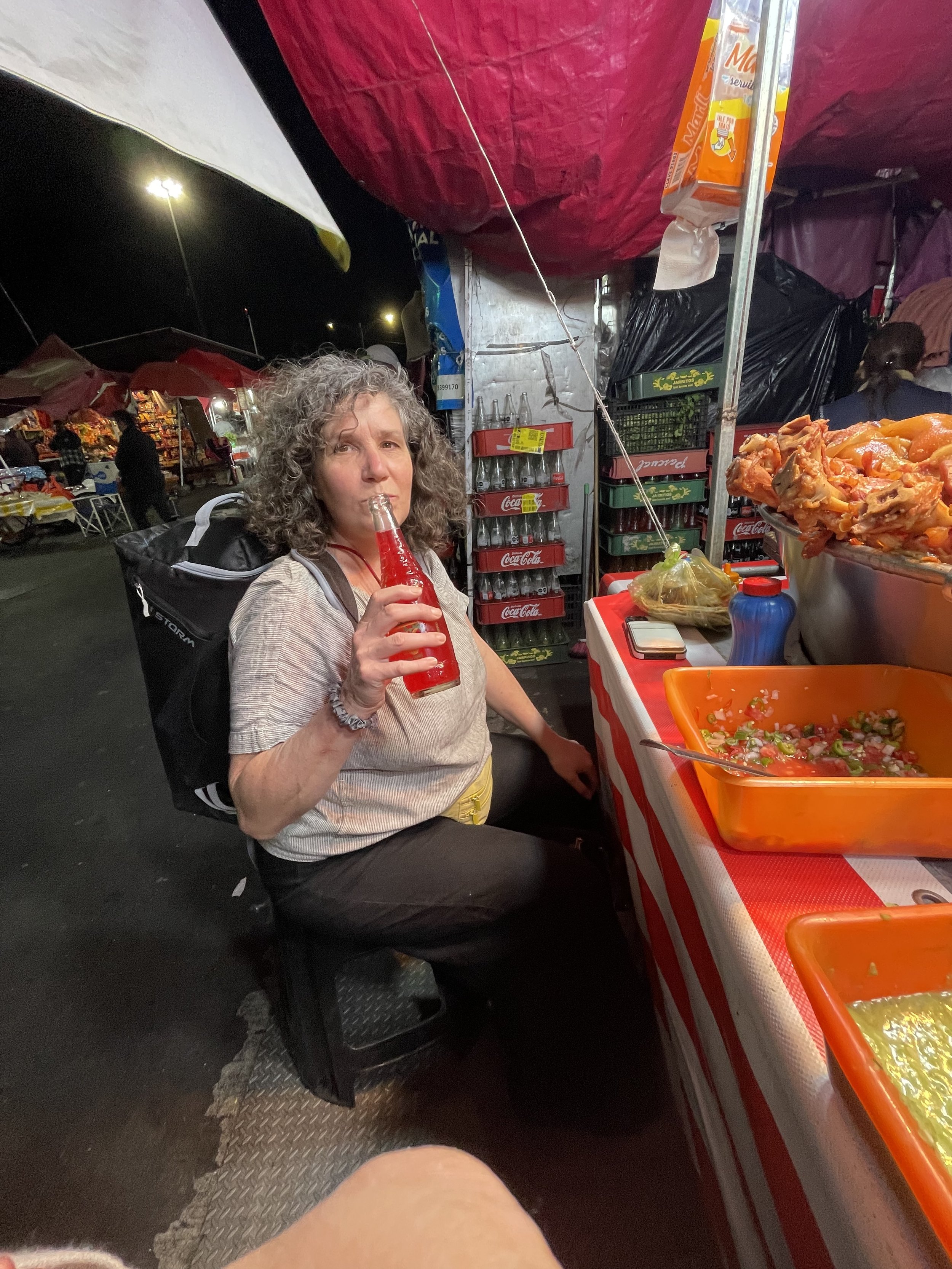the stonecoast review
the literary journal of the stonecoast mfa
Latest Posts
Rayan hasn’t slept. Last night, as he scraped wiry hairs from his chin with a straight razor before his chipped and frameless bathroom mirror, two chimes rang through his apartment: the first from his microwave, announcing his dinner of pre-buttered popcorn, and the second from his laptop, waiting open on the standing desk that doubles as his kitchen table.
We filed out of the cab at 7 p.m. sharp, cradling lukewarm bottles of Sauvignon Blanc, store-bought eclairs transferred to porcelain platters, cold cuts smothered in cling film.
I was finishing up a late-night pee when I heard the tinkle of glass smashing downstairs. Then, the patio door, sliding open with its customary squeal. I rushed back to the bedroom and shook Sean, the snore catching in his throat.
Beatriz fastens off the last stitch of her blue-and-red crochet blanket, then carefully spreads it on top of her bed. This is her second winter in New York, and she’s slowly getting used to the rhythm of a new city and a new country.
My mother didn’t have any brothers or sisters. I think that was part of the problem, why she didn’t know what to do with three children so close together. She’d never been a sibling, so she didn’t know how to handle it.
staff spotlight
Photo by Steve Johnson












The office of Mr. Peter Jameson, manager of the country club, reeks of authority. Dark wood walls. Marble-top desk. Hovering indoor tree, most likely fake. Mr. Jameson speaks to us with a hint of apology, referring to Zander’s confusion about what is and isn’t allowed.